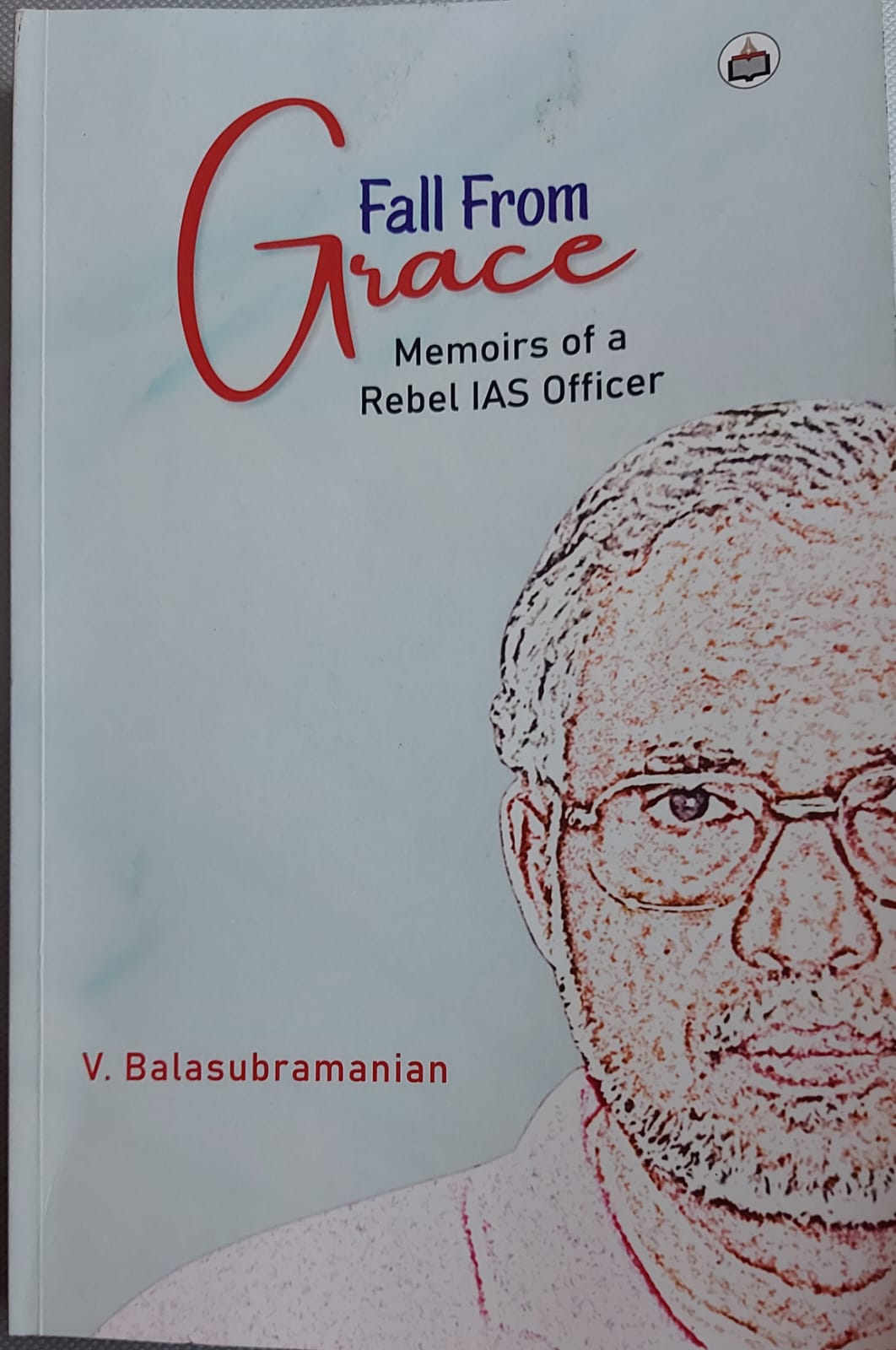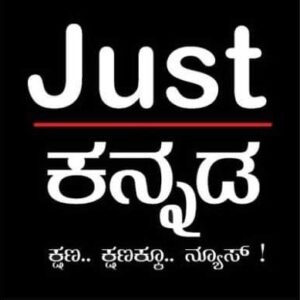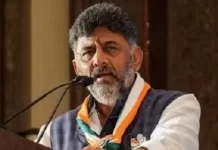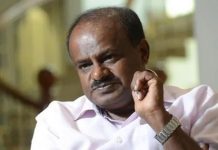-Asha Krishnaswamy, senior journalist.
Bengaluru :
JH Patel: Krishna Leela, 11-7 CM, BnB, EO; SM Krishna: Man with a silver tongue and a laminated exterior; S. Bangarappa: Democratic decentralisation of corruption innovator; Ramakrishna Hegde: Intellectual, secular who professed politics-based value, HD Deve Gowda: Accidental PM, HD Kumaraswamy: Suffered amnesia.
These are some of the comments by V Balasubramanian, a retired IAS officer, in his book. He has authored a 407-page book titled Fall From Grace—Memoirs of a Rebel IAS Officer. The book will be formally launched on July 30 in Bengaluru. It is published by Authors Press, New Delhi, and priced at Rs 595.

The book has captured Balasubramanian’s journey as a bureaucrat, and the style of functioning of his superiors, and political heads, spread over 50 years. He has given graphic details of the responsibilities he discharged as an IAS officer, and post-retirement in 2001 as Chairman of the Task Force for Prevention of Land Grabbing in Karnataka. He calls a spade a spade, condemns bosses who fail to rise above their caste while appointing juniors, and provides a ringside view of Karnataka’s caste and cash-ridden politicians and politics. At times, one may have to refer to a dictionary to understand the meaning of high-sounding words and allegories that he has employed.
When someone of his calibre writes, the reader has less leeway to be cynical. He was well-known for his brilliance, financial integrity, and diligence as a bureaucrat who shot to fame after exposing illegal land grabbing across Karnataka. Of course, his work was not acknowledged by the government the way it should have been.

He says he maintains no diary but remembers all sorts of ‘silly details’ that he wrote in two years during the Covid-19 pandemic period. His memory is so sharp that even at the age of 81, he can recall every significant incident and person who mattered in his career. How can he ever forget or forgive his ‘Palakkad Brahmin colleague and an amnesiac chief secretary’ who backstabbed him! He has deliberately avoided naming the officer.
In his eyewitness assessment of Karnataka’s administration during the past five decades, it s a great fall from grace. His experience is with 10 CMs and 27 CSs. Some facts are startling, while some reinforce that they are in the public domain.
He has given honorifics to Patel as 11-SEVEN CM, BnB, and EO. In the US, 7-Eleven shops sell essentials from 7 am to 11 pm. But in the case of Patel, he used to be on duty from 11 am to 7 pm. He used to get into ‘super slow motion” and could indulge in ‘Externalities Only’ (EO). By the way, BnB stands for Bottle and Babes. His ‘sun-downer’ used to be at 6.30 pm. His favourite drink was Napolean VSOP brandy, which used to be liberally, steadily supplied by his Sancho Panza, Director of Industries. He used to polish off three quarters of the 750 ml before falling unconscious.
The author, as regional commissioner, Karnataka Bhavan, had seen how ‘inefficient’ Patel was. He had partied hard with a pimp-cum-cabinet minister who was a faded Kannada actor from yesteryears, as well as two MLAs and a woman, breaking the Bhavan’s rule. The minister was supplying many ‘extras’ in the film field to the 11-7 CM, whose rationality used to give way to bipolar disorder after 7 pm. The CM could not even make it to the Planning Commission meeting on time, and when he arrived an hour late, he transgressed from the agenda, he recalls.
The 11-7’s regime could be described as the Aluminium Age, as only gross illegality was made malleable and legal by choosing Kapo. Patel was, as he puts it, a vidhooshak, not a man of wit and humour.
‘Fulbright’ CM worse than half-bright.

Referring to SMK, the former officer sardonically refers to him as the Fulbright Scholar who failed to realise that the construction of the magnificent Red Fort and Taj Mahal did not ensure the permanence of Mughal rule. Even a half-bright leader would have known that monuments do not save empires. Despite this, the Fulbright eagerly wasted money on building Vikasa Soudha, and Suvarna Vidhana Soudha in Belagaum. SMK lost the chief ministership in 2004, nine months before the inauguration of Vikasa Soudha.
He doesn’t spare the then PWD minister, Dharam Singh. His popularity among politicians and bureaucrats was due to his genetic inability to ever disagree with anybody or any matter. That is the reason why Deve Gowda dumped SMK and chose Singh for the CM post, he recalls.
The Fulbright Scholar had appointed a junior Lingayat officer as CS, setting aside an honest officer from Mysuru only because he was a good and honest Mysuru Brahmin without political clout, he points out.
While admiring Urs and Veerendra Patil, Balasubramanian says that it is not that other CMs of Karnataka were paragons of virtue, including Kengal Hanumanthaiah. But he was a hard task master. R Gundu Rao had left the review of district administration to bureaucrats as he was busy with learning tennis and admiring the performance of dancer Manju Bharagavi which used to be arranged by his IPS Man Friday.
The author, while taking a dig at Hegde for wooing female journalists, gives him credit for his intelligence. He was acceptable to all castes, despite being a Brahmin.
(To be continued….)









